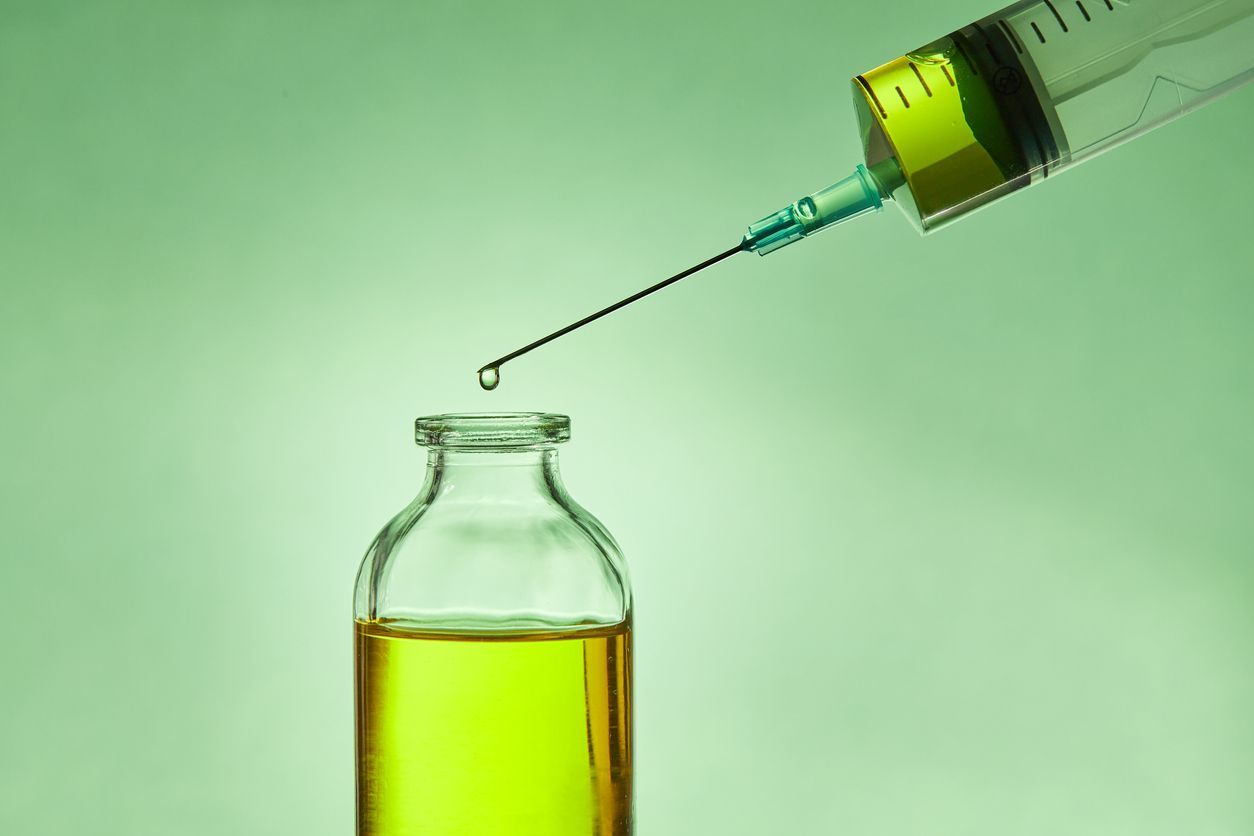Spirulina supplementation in poultry feeds increases growth performance and much more!
Two truly essential factors to the success of a Poultry farmer are minimising morality rates; and maximising growth rates/market weight. As discussed in the previous post - we know that Spirulina platensis significantly increases survival rates in chickens infected with Newcastle disease (a particularly deadly disease). One related study found that not only does it increase the strength of the Poultry's immune systems; providing immunomodulatory and immunostimulant effects (promoting survival), these effects have been found to reduce intestinal E. Coli (Alwaleed et al., 2020) - decreasing the likelihood of transmission (if consumed) to humans. However, the focus of this post is on the other benefits derived from Spirulina supplementation.
A paper by El-Shall et al (2023) highlighted that inclusion of Spirulina can have a positive effect on gut microbial population, serum biochemical parameters and growth rates. Spirulina stimulated the increase of intestinal villi length and number of the epithelial cells particularly goblet cells - this makes for better absorption of nutrients and therefore more efficient food conversion and growth rates. This evidence is supported by a further three papers (Qureshi et al., 1996; Fathi et al., 2018; and Alwaleed et al., 2021), all finding increased growth rates and improved food conversion from the supplementation of Spirulina in Poultry feed. Further notable benefits are; increased microbial load; reduced abdominal fat; and increased oxidative stability (immunomodulatory effects).
Other Poultry farmers may be more concerned with egg productivity; A study by Nia et al., (2021) found that the inclusion of algal biomass at just 0.6% in feed significantly increased egg production, egg mass and coloration. In a similar study Hajati and Zaghari (2019) studied the effects of Spirulina supplementation on laying Quail finding that it significantly decreased the amount of cholesterol per gram of yolk and improved the colour of the yolk.
These papers all found astonishing results owing to the bioactive metabolites present in Spirulina, as research develops and becomes more targeted - identifying optimal feed regimes and modes, there is no doubt that Spirulina supplementation will become the norm in Poultry farming.


